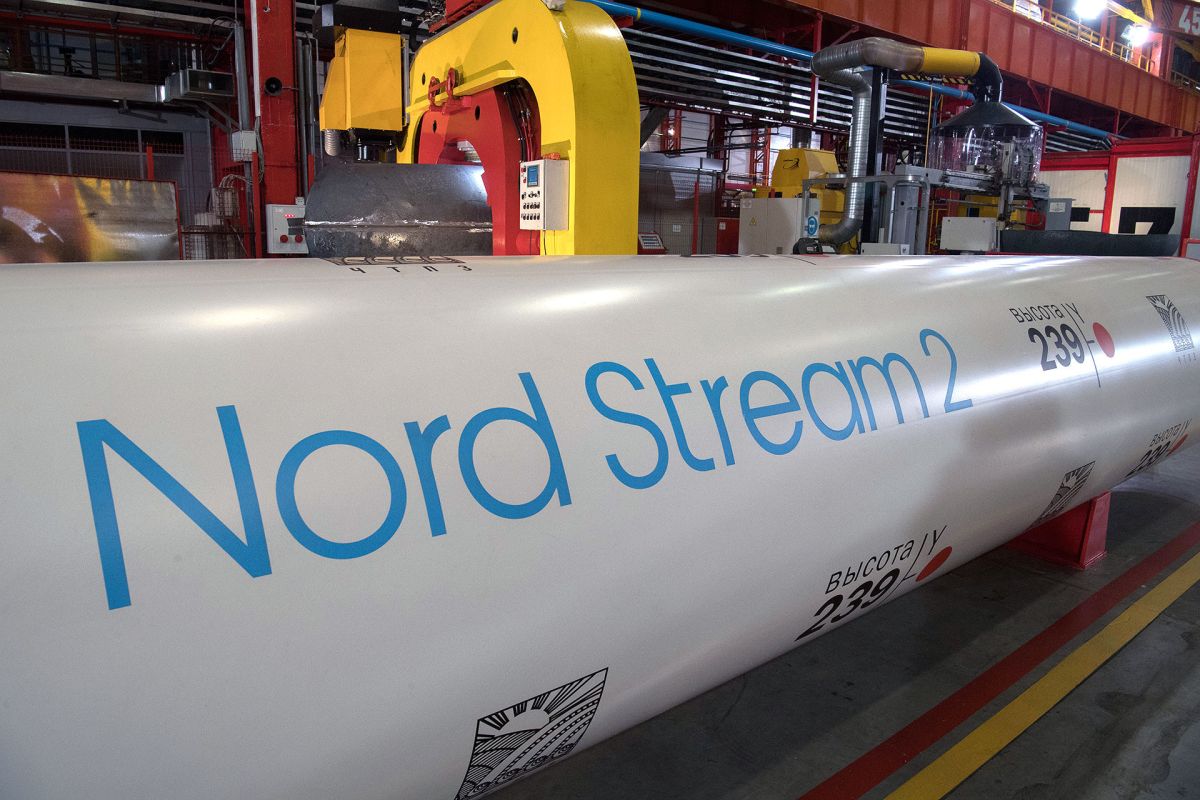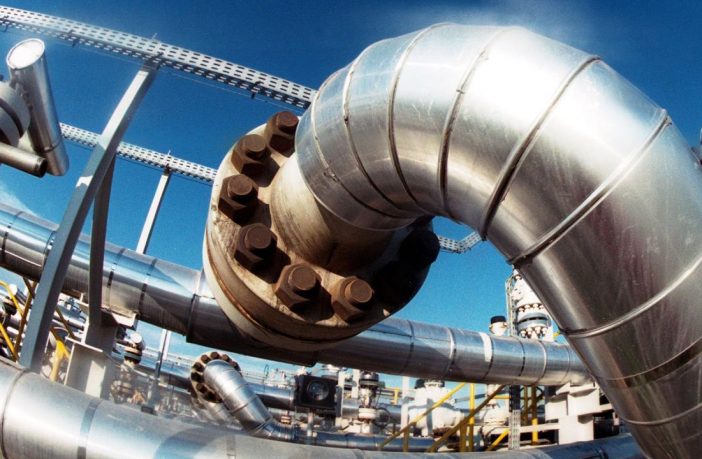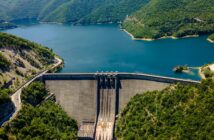The response to the US sanctions: the Nord Stream-2 problem as seen by Germany
The American authorities have been actively opposed to the Nord Stream-2 gas pipeline construction from the first day of its launch. They exert pressure by various methods, including sanctions against companies that cooperate with the Russian operator. However, not all countries agree with the US policy, Germany supports the project and considers it promising. For example, the Bundestag Committee, which deals with energy and economic issues, said that in response to U.S. sanctions the government may impose duties on liquefied gas supplied from the United States.
According to the head of the committee, the German government should develop an action plan in order to respond in time to the restrictive actions of Washington, which may harm the work of local companies. The variant of sanctions against American senators who took part in creation of the bill against “Nord Stream-2” is also under consideration.
It should be noted that many German MPs support the continuation of the gas pipeline construction despite the pressure from the USA. Officials urge the government to pay attention to the actions of Washington, which not only concern Russia and a specific project, but also interfere in the processes of Europe, limiting local business.
The US said the law on sanctions for pipeline maintenance is under consideration. However, some members of the German government believe that these measures will not prevent the completion of construction and commissioning of Nord Stream-2.

The German parliament considers the pipeline a promising project that will be able to supply Europe with quality raw materials. However, not everyone shares this opinion. Since the first days of construction, there have been intense debates about the safety and feasibility of the pipeline. In the countries through which the system is being built, environmental organisations have been active and believe that the pipeline is harmful to the environment. A striking example was Denmark, which had long been reluctant to agree on a plan for laying pipes along the proposed route. She explained this by the fact that Nord Stream-2 violates the natural ecosystem and goes against the environmental preservation strategy. After lengthy negotiations and route revisions, the authorities had to agree to the construction.
The “green” parties in Germany were also against the gas pipeline. However, despite this, they agree with the rest of the deputies that the U.S. sanctions have no legal basis and are dictated solely by the desire to control the supply of raw materials to Europe.
The Nord Stream-2 gas pipeline runs along the bottom of the Baltic Sea. Initially, its launch was planned for 2019, but due to obstacles on the part of Denmark and the United States, the date was postponed to 2021. The Russian operator claims that the work is progressing according to the schedule and the project has reached the final stage.




